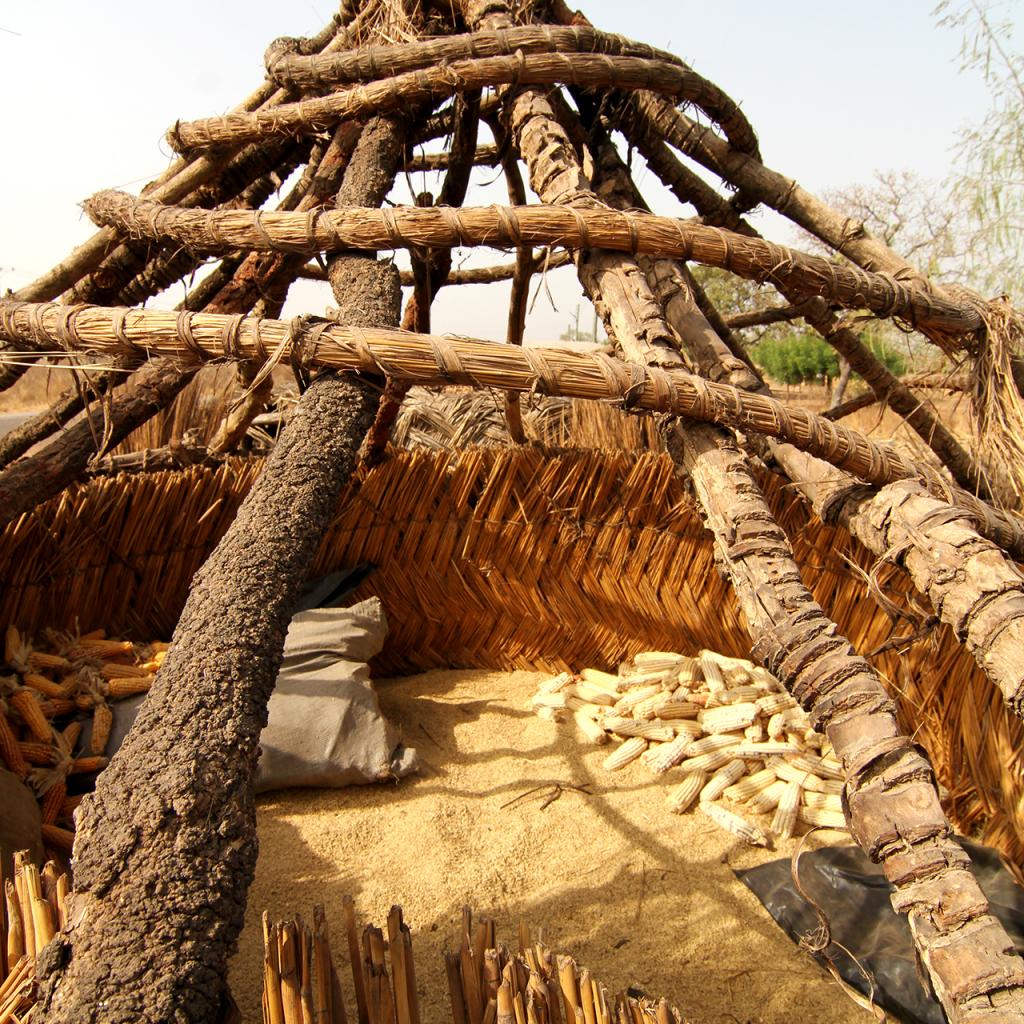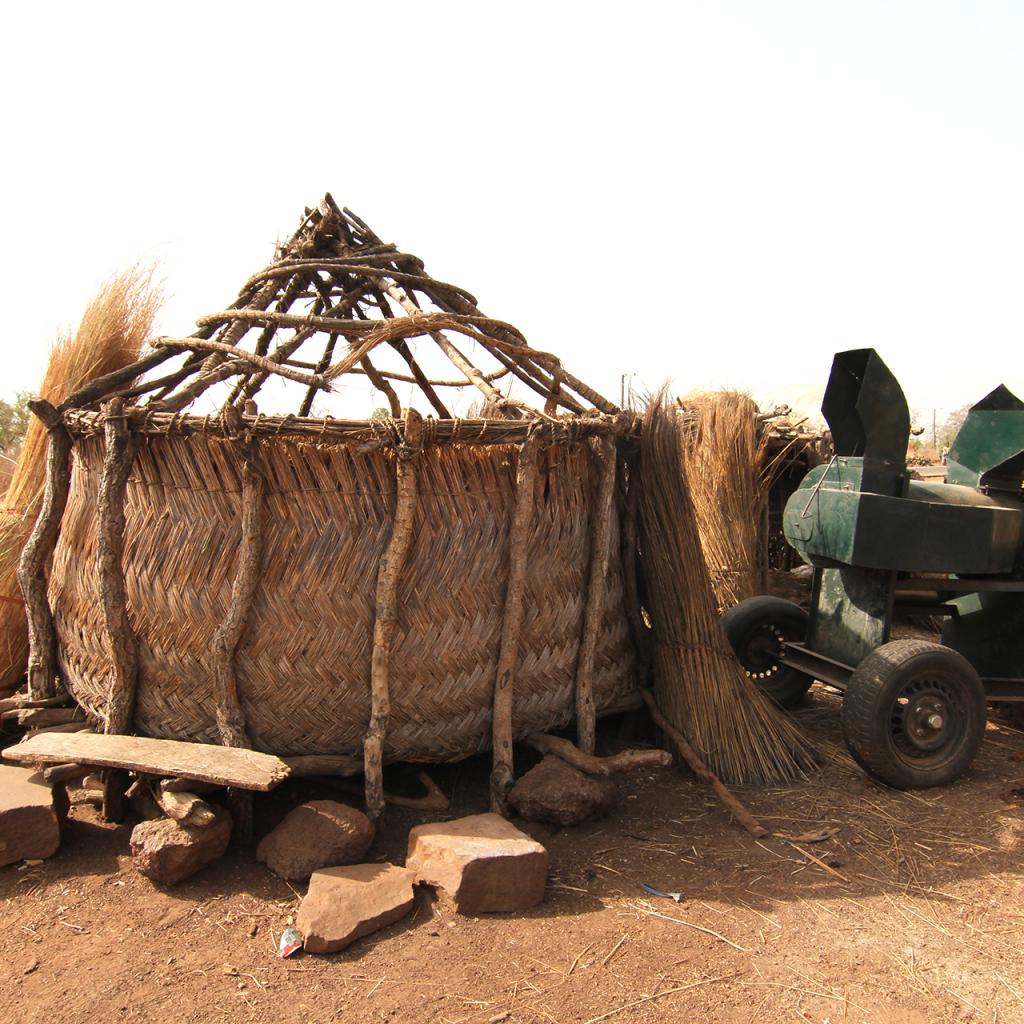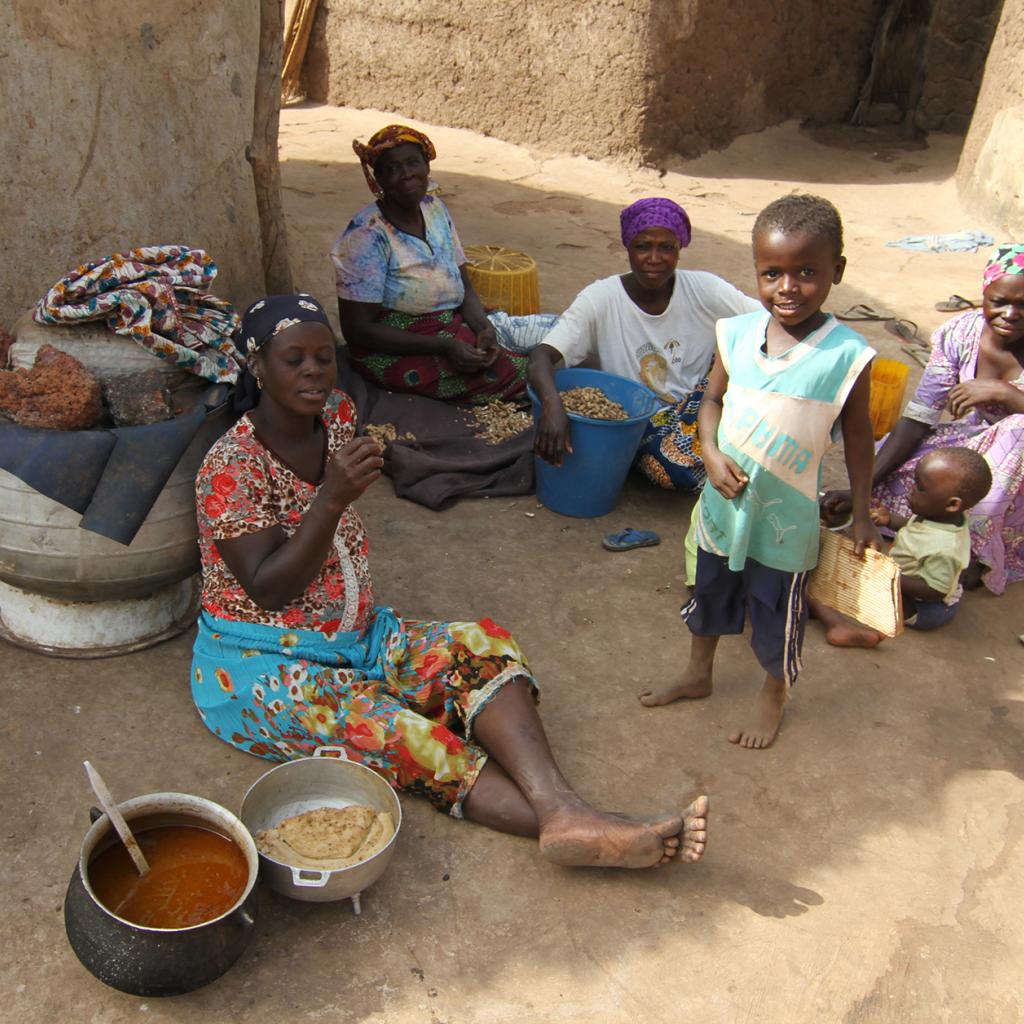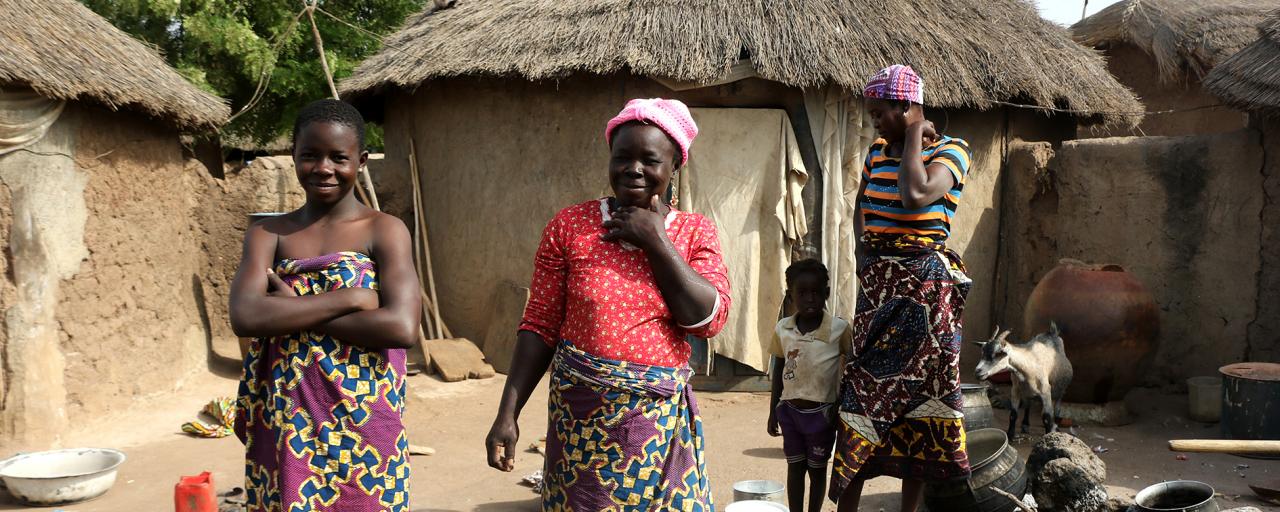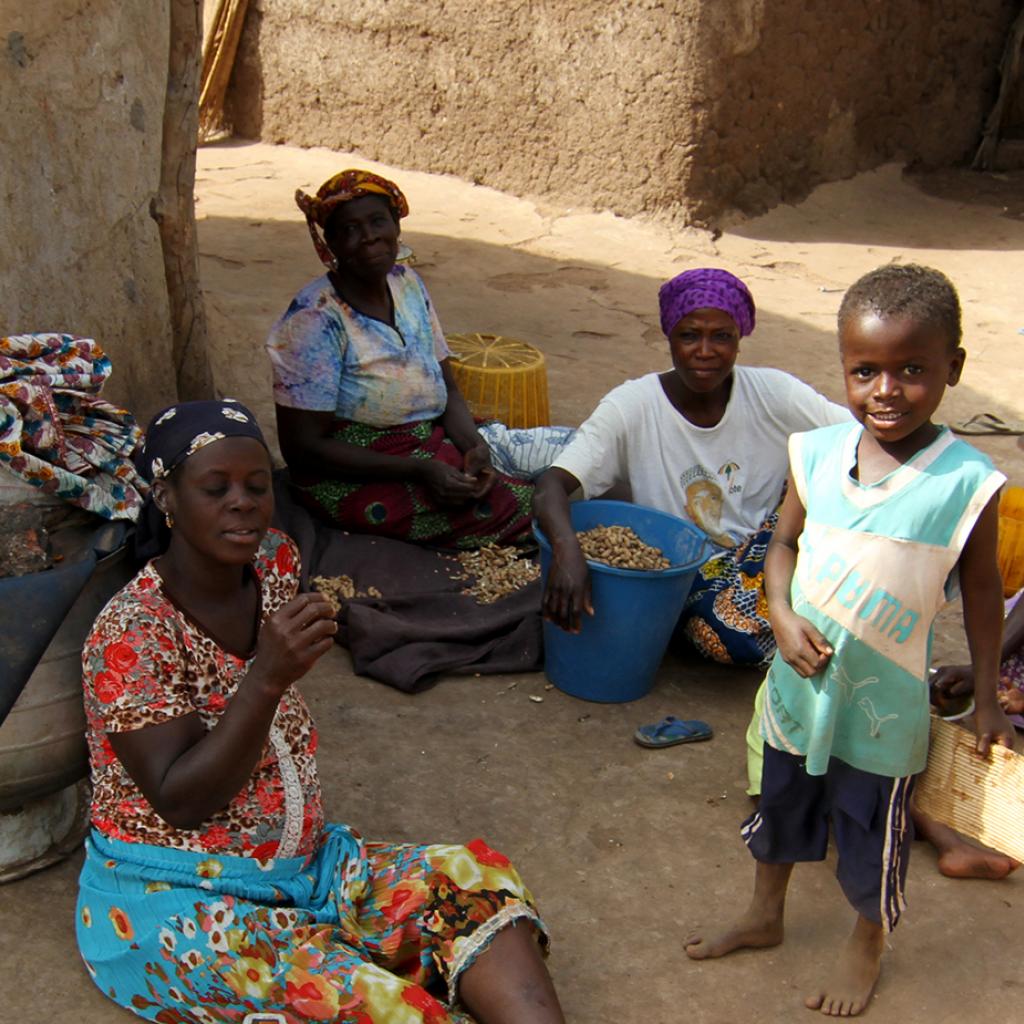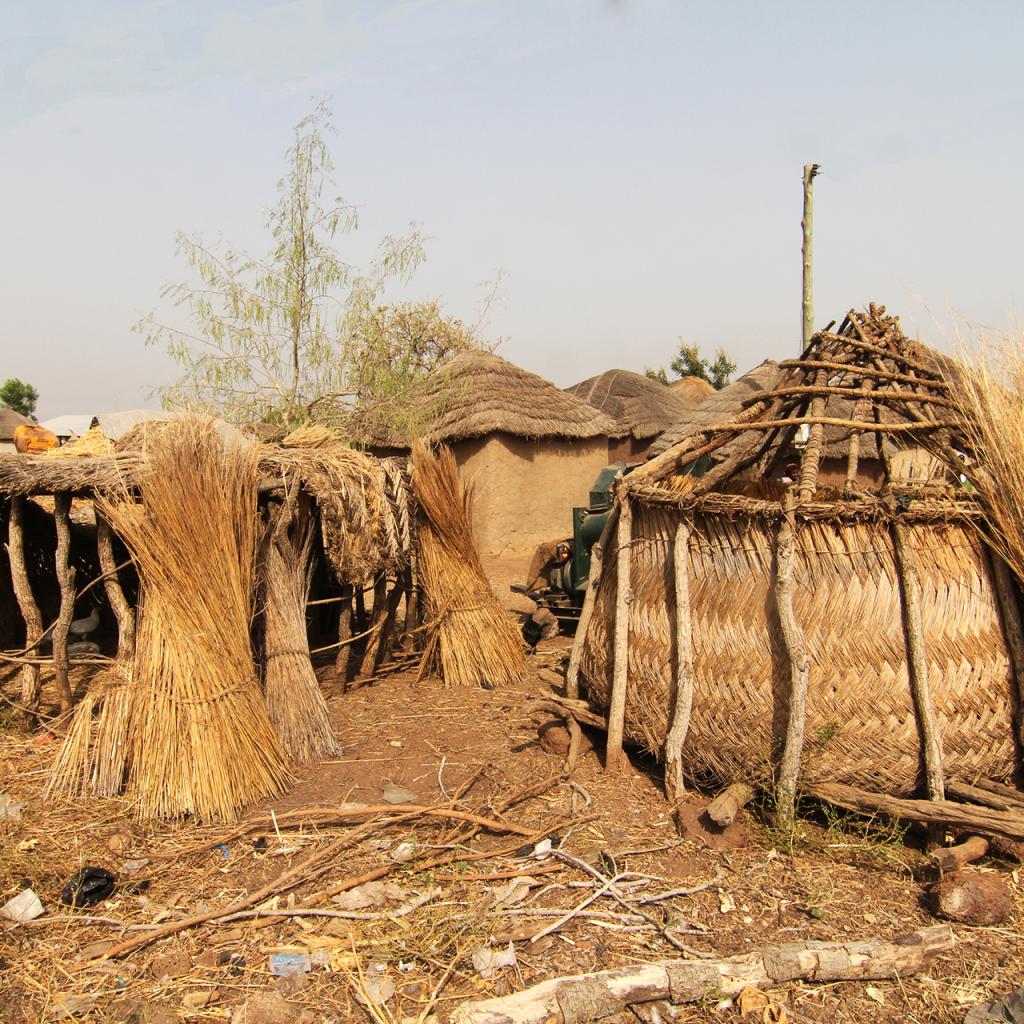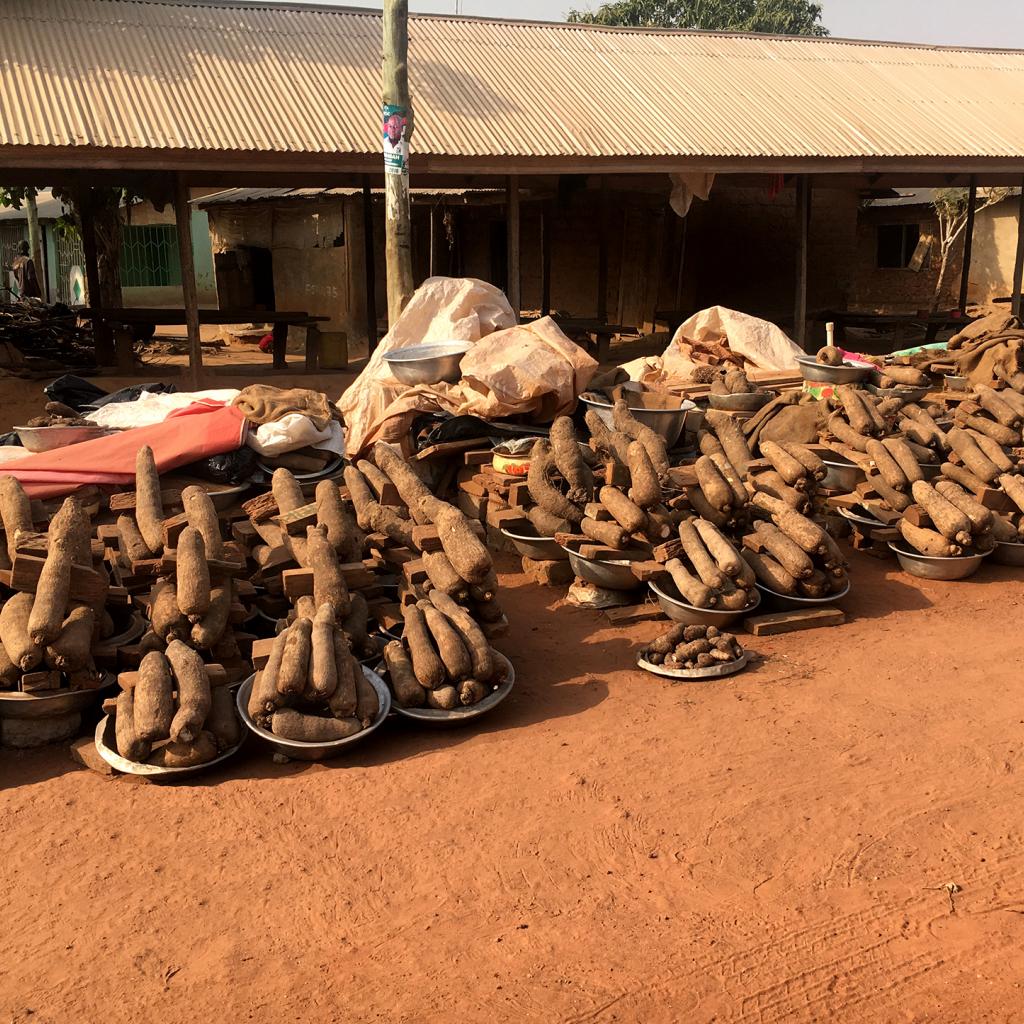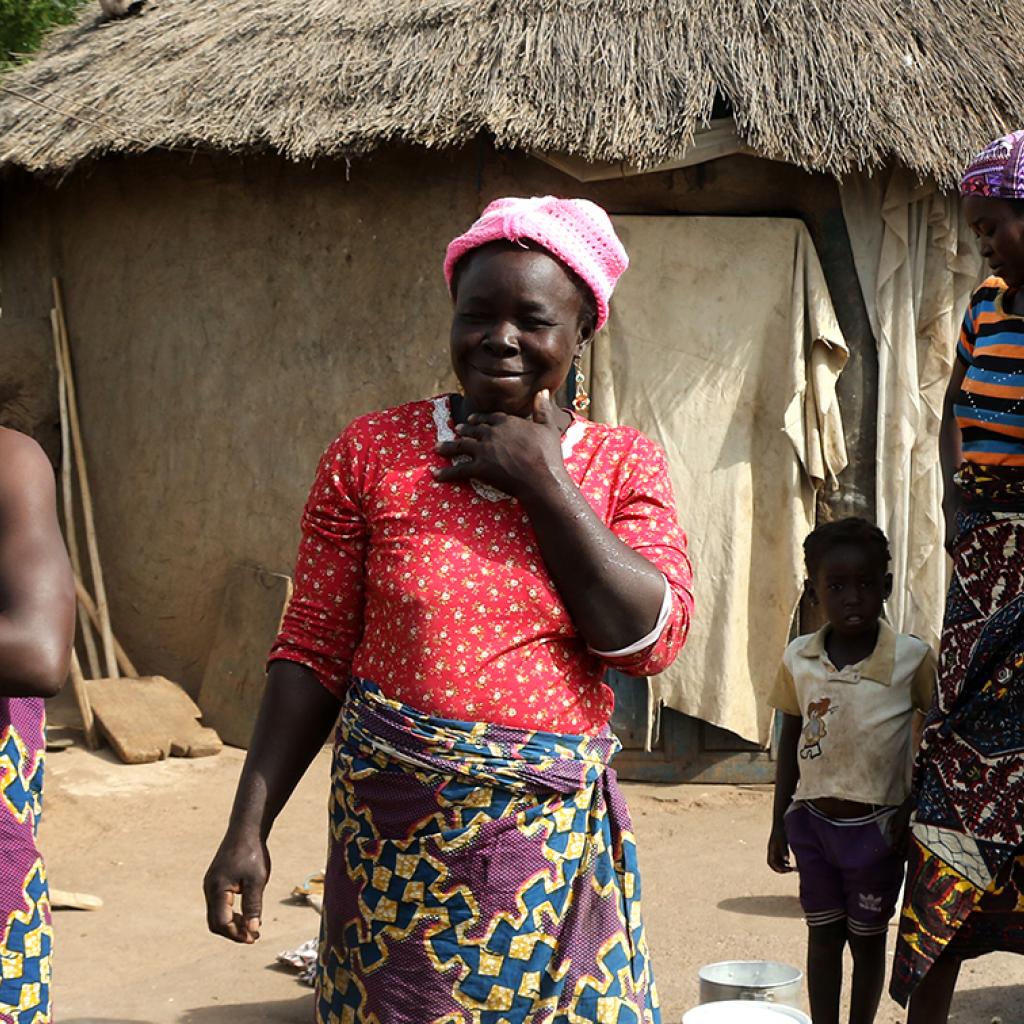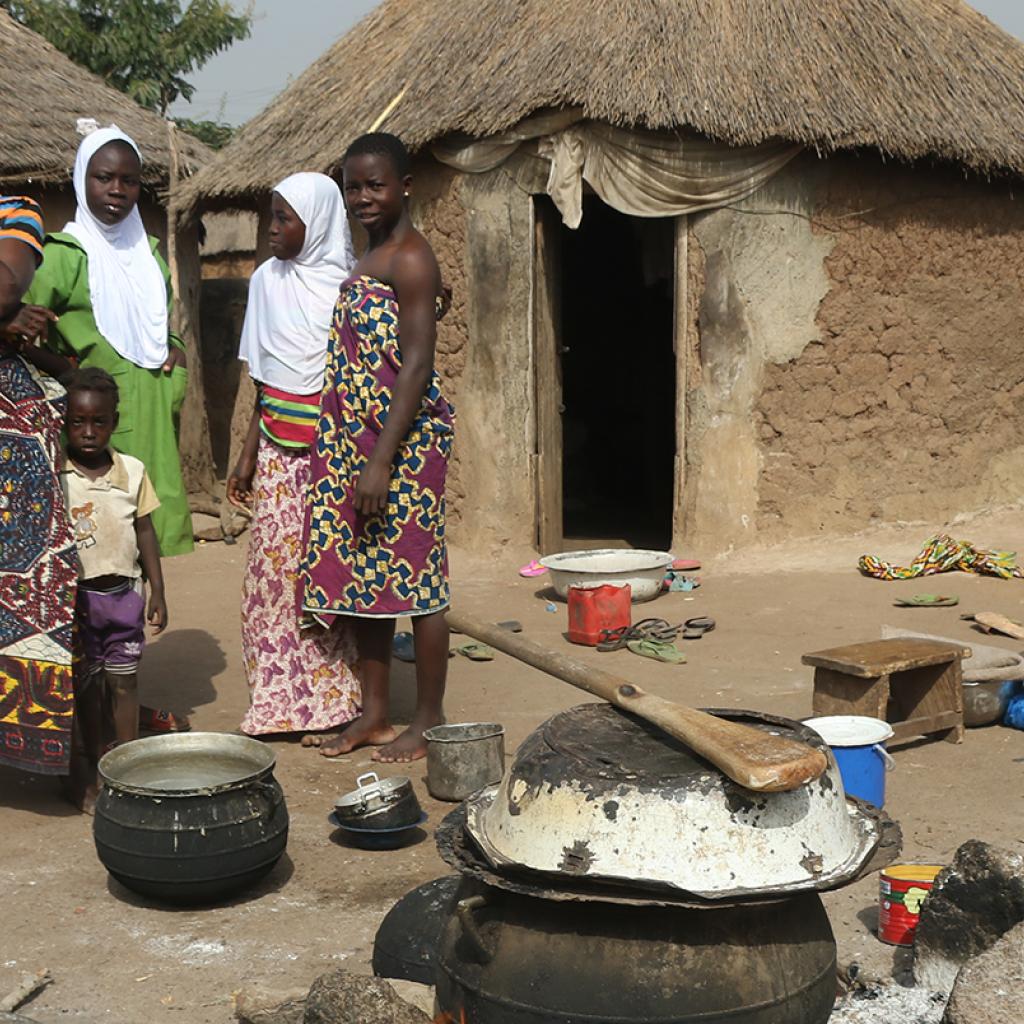The Konkomba social organization, living in the Eastern part of Northern Ghana, is rather simple, in fact it is a headless society, that means, without the presence of a supreme head or a central government.
The Konkomba are organized into clans that represent the greatest political unity, the clans occupy a territory that borders the one of other clans without overlapping.
The clans are based on gerontocracy, that means, the older man takes decisions for the wealth of the clan, the Konkomba clan can be defined as a "conscious moral body" with its own activities and rituals.
The inability to organize themselves at a supratribal level was the key to failure in the war undertaken by the Konkomba in the past against the neighbors Dagomba and Gonjas.
Clan relations are generally peaceful and mutual aid and intra-clan violence is a taboo, but there are episodes of tensions between different clans, mainly linked to witchcraft accusations, these feuds are often sedated with ceremonies and rituals among the clans. .
To reduce the level of hostility and eliminate the risk of possible clashes, the Konkomba are often resorted to cross marriages between individuals belonging to different clans.
The marriage in the Konkomba society is a rather complex process and actually begins when a female daughter is born in a family.
At her birth the pretenders, young boys in their twenties, bring gifts to the girl’s parents, who decide accordingly who the future husband will be; from that moment the child is considered betrothed but will continue to live in her parents' house and, when she reaches puberty, she will be free to have sexual relations with whom she wishes.
She will go to the house of the promised groom at the age of majority or if she gets pregnant, from this moment the two will be considered married; the Konkomba society is polygamous so a man can have more than one wife, every wife has her round hut and the husband spends every night with a different wife, while using his large rectangular hut for the day.
In the central courtyard of the village usually meals are prepared, there is always a fire and the women cook for the husband, some unmarried women can live inside the compound helping the other women but cannot eat the meat, that is reserved for married women.
The unmarried boys have the task of defending the lands and the fishing areas of the clan, they also solve the feuds and dance at the funerals.
Unmarried women do not have a specific role in the society, they cultivate a small plot to help their family or their lovers, providing an extra crop.
The Konkomba practice facial scarification, these marks are engraved on the faces of children at the age of 4, the girls also make decorations on their body when they reach the age of marriage, in both cases there are no specific ceremonies or rituals.
Photogallery
